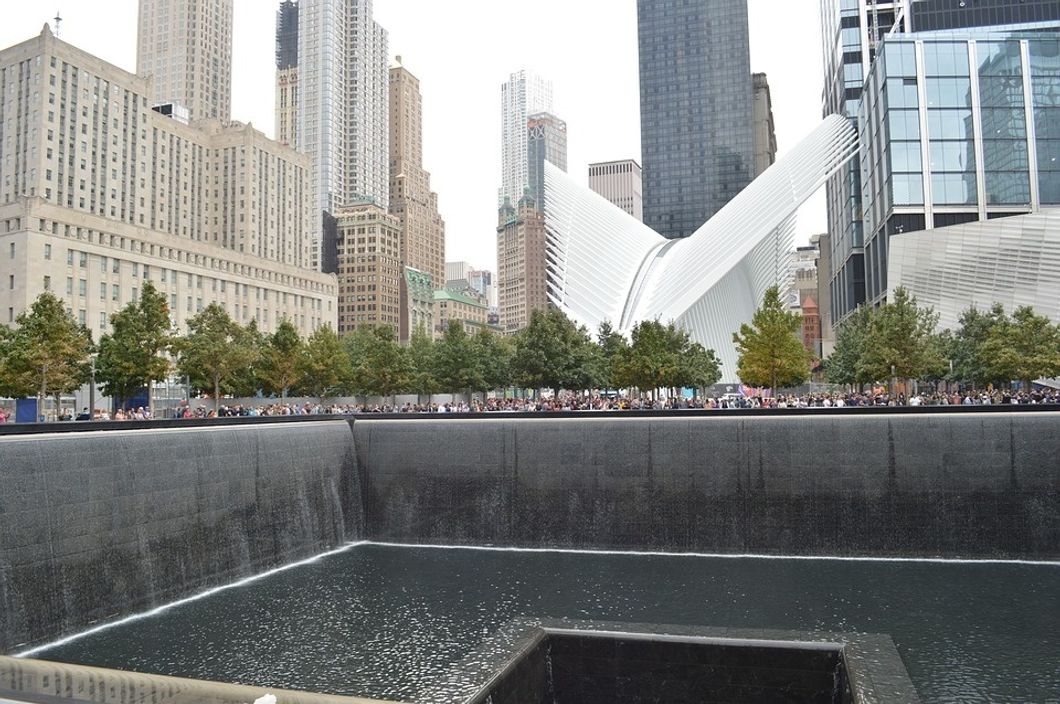There is no question that social media has provided many benefits to society. We can keep up with long distance family and friends. We are exposed to news and current events the second they happen. We can see the personal sides of our favorite celebrities, artists, and athletes. There is a sense of wholesome interconnectedness that comes from this high volume of media exposure from social networking that has become so normal in our daily life.
The youth of the world today are often discredited and criticized for their use of selfies and social media, with accusations that they are too self-centered. Here is the disclaimer: social media does not make people self-centered, and there is no shame in wanting to post a selfie or any updates about what you are up to or where you have been. It is a condition of the younger generations to use selfies and social media to "place oneself in a context, to understand how we fit into a bigger picture." As reviewed by social psychologists, this phenomenon should not be written off as a constant attention grab, but it is a healthy form of self-expression.
This is healthy when used in moderation. A major drawback from this common practice of social networking is how quickly it can make us value the wrong things. Instead of posting something to share a genuinely happy moment, it is easy to become enthralled in wondering: How many followers can I get? How many likes can I get on this picture? Who's going to see and comment on my post? This can make some social media users lose sight of the actual intention of their posts and the context in which they are posting certain things.
Again, there is nothing wrong with posting a selfie, or posting pictures from a family vacation, or spending time with friends. Social media exists so we can all update what we are doing. But when the number of likes you can get on your post becomes more important than the intention of giving a life update, it becomes a problem. An even bigger problem is when the post is more about how good you look instead of what is actually going on in the photo.
More specifically, this issue is concerning people who have opted to post selfies when visiting historical monuments and memorials of tragedies in world history. Many people post on social media when they are visiting a new place, such as a new city or a famous monument. This is great- show your family and friends the experience you had and what is new in your life. But maybe it is not the best idea to make the picture and post about how good you look when you are visiting such a serious location. It is also completely acceptable to post about these memorialized locations in general, but when it is done respectfully or emphasizes the impact this historical context had on the world.
There are countless examples of people posting to Twitter or Instagram in somber locations such as the World Trade Center, Auschwitz Concentration Camps, etc. where the post is not focusing on the memorials, but on the person. Posts like these show complete inconsideration for what event and the lives lost that these locations are actually memorializing, and emphasizing one's own looks instead of the context of these places shows complete disregard for the memorial's purpose. Some examples of these types of posts can be found here:
The Auschwitz Concentration Camp is not a memorial so that you can take a selfie. It is a piece of history that still stands today and allows visitors so that we can remember the countless victims who were torn from their families and suffered abuse and death in a mass genocide. The World Trade Center 9/11 Memorial does not exist so that you can show off how good you look. Again, it stands today and is open to tourists so that we can reflect on the tragedy that happened in New York and mourn the lives lost in the terrorist attack.
An example of this awful habit in pop culture is when YouTuber Logan Paul filmed a video in the Aokigahara forest in Japan. This forest is known for the high number of suicides that take place there every year. In the video, Paul shows the body of an apparent victim of suicide, and conducts himself in a manner throughout the video that shows little to no respect for the lives lost in that forest every year. After the video was posted, Logan Paul faced a lot of backlash for posting something so disrespectful and for being so negligent just for the sake of posting content about himself.
Bottom line, here's a helpful social media tip: maybe open a history book before you open up your social media apps!






















